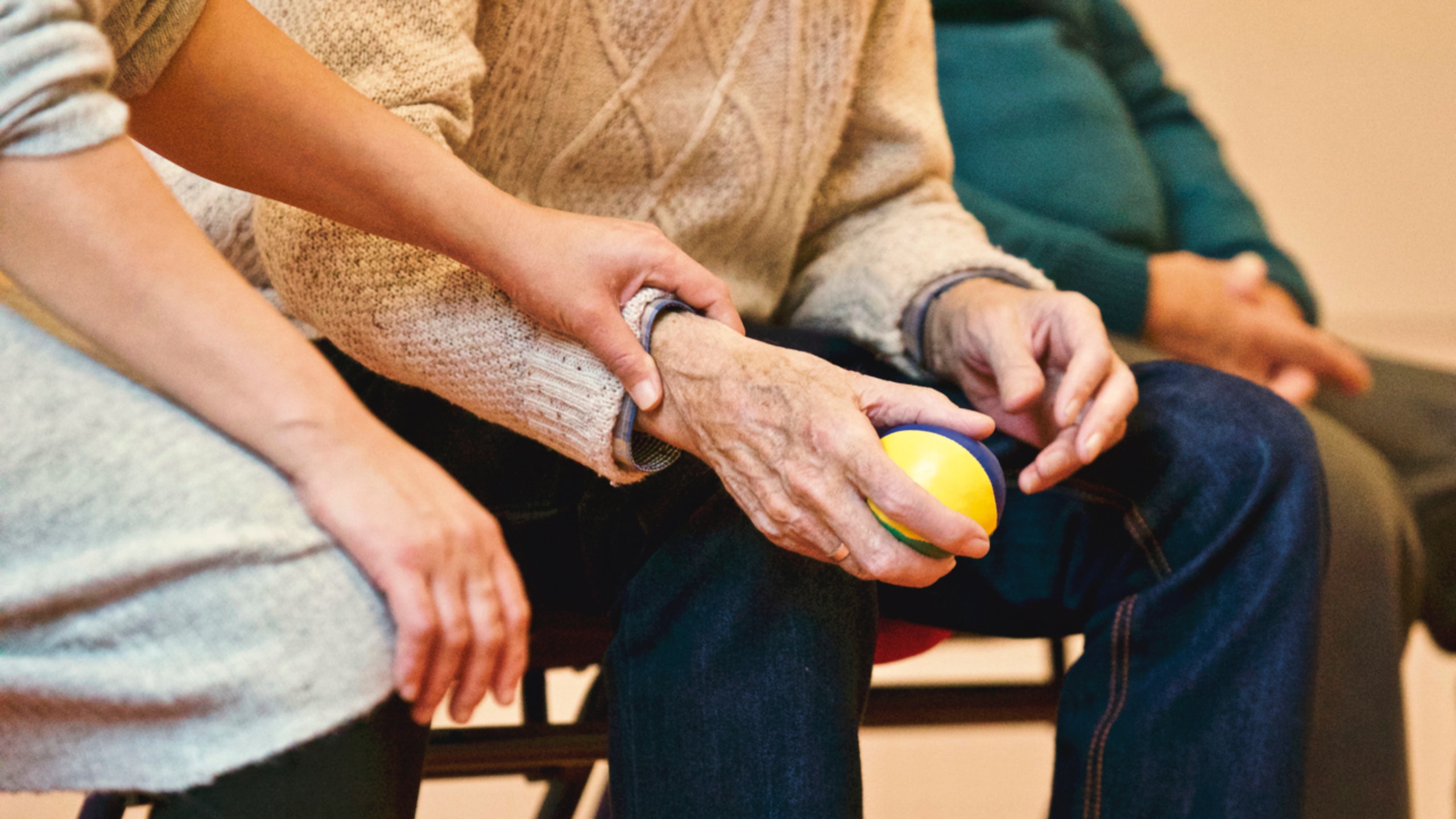Having a panic attack is fairly common, with around 20% of people being affected by a panic attack at some point in their life. They can be extremely scary and unpleasant. It is important, particularly if your friends or family suffer from anxiety, that you have an idea of how you can help someone if they are having a panic attack. This can be difficult because it requires you to remain calm and level-headed so that you can be as supportive as possible.
In colloquial language we might refer to someone ‘having a panic attack’ in a somewhat frivolous way, usually with the implication that they are making a mountain out of a molehill. This sort of language is quite unhelpful, as it makes panic attacks seem less serious than they are. It also ascribes agency to the person having an attack, as if they are ultimately in full control of how they behave. In reality, panic attacks can come out of nowhere, without any obvious cause. This is partly why they are so distressing. Like so much of the language around mental health the everyday expressions that we use can alienate people who suffer from anxiety.
Recognising symptoms
We all experience stress and even panic throughout our lives, and sometimes this escalates into a full blown panic attack. The symptoms of a panic attack are both mental and physical, and will vary from person to person. According to mental health charity Mind, sufferers will often report a racing heart, sweaty palms, a feeling of impending doom, and disrupted breathing. From a purely physiological perspective it is much like a flight-or-fight response, although it can arise without an obvious reason. This makes a panic attack a very distressing thing to go through. These symptoms can last anything from a few minutes to around 20 minutes, although they can last longer too.
Of course, because so many of these symptoms are feelings and sensations it can be difficult to know whether someone is having a panic attack or something that requires further treatment. They might tell you, but equally they might not know what is happening, or think that it is something else. If you are at all unsure do not hesitate to call the emergency services. It is always better to be safe.
Many people having a panic attack report feelings of impending doom or that they think they will die, however it is important to remember that while panic attacks are upsetting they are not usually dangerous; they are a psychological reaction to some association that bypasses conscious awareness. In layman’s terms this means that they are a reaction to some trigger such as smell, sight, a memory, that is subconsciously associated with a fear response. This can be as simple as a familiar movement. However, this certainly doesn’t mean that it is ‘all in someone’s head’ and you should be careful not to be flippant about it. Nevertheless, it can be comforting to know that the symptoms will pass and are not themselves dangerous.
Physical symptoms associated with panic attacks include:
- Rapid increases in heartbeat
- Churning sensation in stomach or nausea
- Increased perspiration or experiencing ‘chills’
- Chest pain
- Difficulty breathing
- Tingling or numbness in the hands and fingers
What can you do to help someone having a panic attack?
- Ask them if they are having a panic attack – They will be the best person to judge what is happening to them. If they have had an attack before then they may recognise the symptoms and know the best way to combat them. They might also have medication that you can give them.
- Make them feel safe – Let them know that you are there to look after them and that you will help them if they want you to. This might include helping them move somewhere else that is more calming or where there are people who can help. Try to avoid telling them to calm down. While this is a natural thing to do everyone knows that it is both annoying and unhelpful. It is much better to show them that they are in a safe place and that you on hand to help them.
- Help them with some breathing exercises – One of the most common symptoms of a panic attack is a shortness of breath, and it can prolong or worsen a panic attack. Breathe along with them and encourage them to deepen and slow their breathing at their own pace. Helping the person control their breathing is one of the best things you can do to help someone overcome a panic attack, and it will also help you remain calm. Panic attacks can be frightening for both sufferers and those around them, even more so if it is a friend or family member. Steady breathing techniques will help you both. Try to focus on inhaling slowly through your nose and then exhaling out of your mouth.
- Stay with them if you can – You should try not to leave someone having a panic attack alone. Instead it is better to stay and reassure them that it will pass. If you need more help then phoning someone is probably best, unless it is an emergency.
After care : Looking after someone post-attack
An unpleasant experience like a panic attack can be very emotionally and physically intense. They may also feel a sense of shame or embarrassment about it, as they can sometimes draw quite a lot of unwanted and unhelpful attention. When you are looking after someone who has had a panic attack you should make them feel safe and calm during and after the attack. This might include getting them to a more private place away from curious members of the public so they can rest for a bit.
It can be both mentally and physically draining to have a panic attack so if you can try and give the person some water and food so they can restore their energy. Try to avoid giving them anything with caffeine or alcohol, as these can increase stress, rather than being relaxing. You might also want to avoid dishing out anything too hot as the person might be shaking.
If you have witnessed someone having a panic attack they might feel embarrassed talking to you about it. They may also feel vulnerable and probably quite upset, particularly if this is their first attack. It is important to recognise that you should not try and pressure them into seeking help, especially not straight away. You might consider talking to them at a later date, and reassuring them that you are there for them if they need you, and letting them know that there are treatments available, from medication to the kind of talking therapies that Psytherapy offer like CBT and therapy, that can help people cope with anxiety. Make sure that you approach any discussion in a sensitive and supportive manner, and be mindful that they might want to stop talking about it.
What are your tips for helping people with anxiety? Do you suffer from panic attacks and want to pass on some knowledge?
We’re always pleased to hear about your personal experiences, whether you suffer from panic attacks or have helped someone who does. Please feel free to leave any comments below with tips, advice, or observations.


 Back to all posts
Back to all posts


























